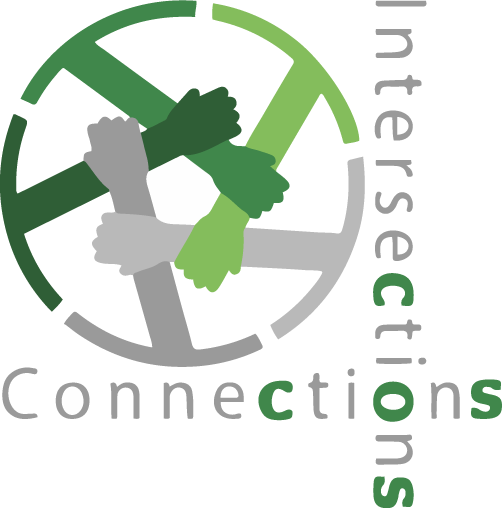Dance to the Music: Making Sense of the World through Rhythmic Movement
Abstract
In an experiential workshop we will discuss and explore two kinds of Rhythmic Movement: The Dalcroze Method and Rhythmic Movement Therapy.
Dalcroze Eurhythmics has been the base of my teaching for over 30 years. When Dalcroze created his method for teaching music, there was no evidence suggesting that we are hardwired to move to music.
Rhythmic Movement Therapy focuses on the brain’s pre-set, innate primitive reflex and developmental movements that support the formation of the neurological foundations for sensory, motor and cognitive functions.
Children with delays, disorders and a general lack of interest in moving are motivated to make choices and solve problems that help them predict and prepare for the next challenge. When physically responding to an external musical cue, active - fun learning can come from the combined mind, body and resulting emotions that are central to sensory motor and brain function.
In an experiential workshop we will explore and discuss:
- how simple movements correspond with simple elements of music
- some of the integrative developmental movements that promote mind/body connection for improved cognitive, physical and social/emotional function
- the role of infant reflexes and the challenges they can cause if not fully integrated
- how to incorporate developmental movements and other natural early childhood movements into curriculum.
Though the focus of my work is with the early childhood population, this approach can be beneficial for all populations and abilities.
Start Date
27-3-2019 11:00 AM
End Date
27-3-2019 11:50 AM
Room Number
U-Hall 3-087
Presentation Type
Workshop
Disciplines
Art Education | Early Childhood Education
Dance to the Music: Making Sense of the World through Rhythmic Movement
In an experiential workshop we will discuss and explore two kinds of Rhythmic Movement: The Dalcroze Method and Rhythmic Movement Therapy.
Dalcroze Eurhythmics has been the base of my teaching for over 30 years. When Dalcroze created his method for teaching music, there was no evidence suggesting that we are hardwired to move to music.
Rhythmic Movement Therapy focuses on the brain’s pre-set, innate primitive reflex and developmental movements that support the formation of the neurological foundations for sensory, motor and cognitive functions.
Children with delays, disorders and a general lack of interest in moving are motivated to make choices and solve problems that help them predict and prepare for the next challenge. When physically responding to an external musical cue, active - fun learning can come from the combined mind, body and resulting emotions that are central to sensory motor and brain function.
In an experiential workshop we will explore and discuss:
- how simple movements correspond with simple elements of music
- some of the integrative developmental movements that promote mind/body connection for improved cognitive, physical and social/emotional function
- the role of infant reflexes and the challenges they can cause if not fully integrated
- how to incorporate developmental movements and other natural early childhood movements into curriculum.
Though the focus of my work is with the early childhood population, this approach can be beneficial for all populations and abilities.



